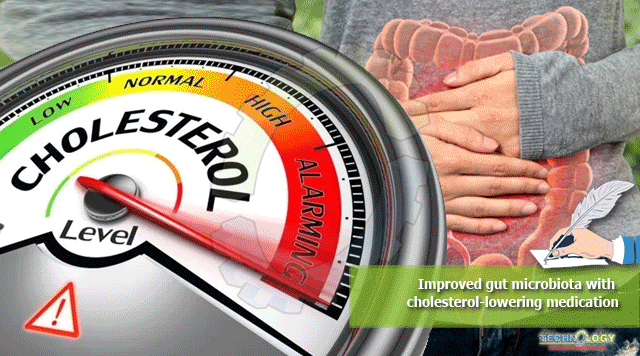Researchers have recently discovered a relationship between gut microbiota and different digestion-related and cardiovascular illnesses.

There is an unmistakable connection between improved gut microbiota and one of our most regular cholesterol-bringing down medication gatherings: statins. This is clear from a European report including specialists from the University of Gothenburg.
Researchers have recently discovered a relationship between gut microbiota and different digestion-related and cardiovascular illnesses. Presently the current investigation, distributed in the diary Nature, shows improvement in gut microbiota in the member bunch who were taking statins.
The immediate instruments have not been distinguished. Regardless, in this first significant distribution from MetaCardis (Metagenomics in Cardiometabolic Diseases), a community EU-based task including 14 examination bunches from six nations, the outcomes are unequivocal.
One of the creators is Fredrik Bäckhed, Professor of Molecular Medicine at Sahlgrenska Academy, University of Gothenburg, who centers around the job of gut microbiota in digestion.
“In spite of the fact that the examination doesn’t give a causal connection,” he says, “it’s energizing to perceive how an entrenched and clinically utilized medication can change the gut microbiota. The truth will surface eventually whether statins influence microscopic organisms in the gut straightforwardly or whether these medications influence both gut and invulnerable cells that, thus, help change the microbiota.”
The motivation behind MetaCardis is to explain whether and how gut microbiota might be connected to cardiovascular illness. In the undertaking, in excess of 2,000 Europeans with shifting degrees of metabolic and cardiovascular illness have been fastidiously researched.
The gut microbiota is partitioned into different fundamental gatherings, known as enterotypes, that change among people. One of these, marked Bact2, has less microbes regarding number and creation the same. Organisms ailing in Bact2 incorporate mitigating microbes like Faecalibacterium, one impact of which is to reinforce the resistant framework.
“Maybe sedates like statins can be utilized to change the environment in the gut. Yet, that calls for additional investigations,” Bäckhed notes.
Bact2 is increasingly normal in patients with provocative entrail malady (IBD), various sclerosis and discouragement. In the current investigation, the researchers saw this enterotype likewise as essentially progressively pervasive in patients with weight (18%) than individuals without it (4%) — a perception confirmed in a free Belgian examination.
The positive and up to this point obscure impact of statins distinguished by the analysts was that the extent of people with Bact2 diminished in the gathering given statin treatment, bringing about increasingly typical gut microbiota. Together, the different investigation discoveries open up for new types of treatment later on, in which medications can be utilized to modify the gut microbiota.